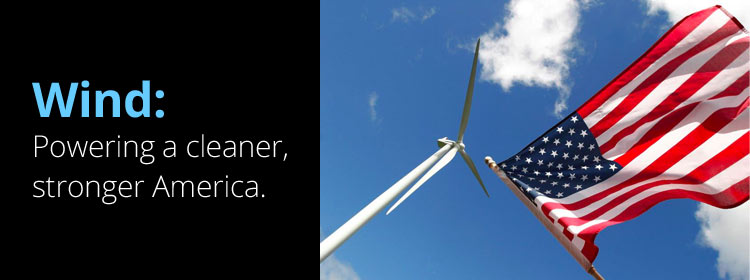If industry statistics are to believe, solar and wind energy in the U.S is achieving grid parity with conventional fuel sources.
In some markets, renewable energy is already cheaper than coal and natural gas, CNBC reports.
In places like Great Plains and Southwest, where wind and sunlight are abundant, utility companies are signing power purchase agreements (PPA) at prices below that of natural gas, the report says.
For example, in Texas, Austin Energy signed a 2-year PPA at less than 5 cents a kilowatt-hour. Also, in Oklahoma, American Electric Power tripled the amount of wind power after witnessing low bids for wind last year.

According to the Solar Energy Industries Association, an organization dedicated to promoting solar energy worldwide, the price of electricity sold to utilities under long-term contracts from large-scale solar projects has fallen by more than 70 percent since 2008, especially in the Southwest.
Meanwhile, a recent study from investment banking firm Lazard revealed that cost of utility-scale solar energy is as low as 5.6 cents a kilowatt-hour, and wind is as low as 1.4 cents. In comparison, natural gas comes at 6.1 cents a kilowatt-hour on the low end and coal at 6.6 cents.
Without subsidies, solar costs about 7.2 cents a kilowatt-hour at the low end, with wind at 3.7 cents, Lazard says.
Solar industry in the U.S. is set to get further boost with the proposed extension of the 30 percent federal tax credit that is set to fall to 10 percent at the end of 2016.
The scenario is nearly the same for wind energy. From North Dakota down to Texas, where wind energy is robust, utilities were able to lock in long contracts at 2.1 cents a kilowatt-hour, on average, as compared to nearly 5 cents five years ago, according to American Wind Energy Association.
Wind professionals, meanwhile, are seeking renewal of a production tax credit that Congress has allowed to lapse and then reinstated several times over the last few decades.
Rajani Baburajan
editor@greentechlead.com

